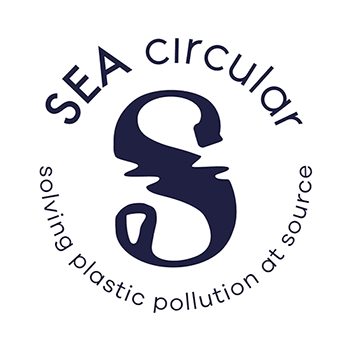
22 June 2019, Bangkok – The Association of Southeast Asian Nations (ASEAN) has promised in a joint declaration that its members will take concrete actions to “prevent and significantly reduce marine debris”, through the possible development of an East Asia regional plan of action and guidelines.
South East Asia is a major contributor to the plastic that is choking the world’s oceans, partly due to poor municipal waste management systems. In a 2015 report, the non-profit Ocean Conservancy noted that 55 to 60 percent of plastic waste entering the oceans comes from just five countries, including four in the region: China, Indonesia, the Philippines, Thailand and Viet Nam. The debris kills marine life and breaks down into microparticles that make their way into seafood eaten by humans.
South East Asian nations have acknowledged their role in the pollution and pledged to curtail it. The Bangkok Declaration on Combating Marine Debris in ASEAN Region was adopted by leaders of the 10-member ASEAN, which includes four of the world’s top polluters.
In 2018, Malaysia announced that it will eliminate single-use plastic by 2030 and published a roadmap towards achieving the goal. Indonesia, the world’s second largest marine plastic polluter after China, has said that it will spend up to US$1 billion per year to reduce its marine waste by 70 per cent between 2017 and 2025.
The declaration was commended by environmentalists as a good first step for the region, though doubts remained that implementation will be a challenge because the group has a code of non-interference that would leave necessary policymaking in the hands of individual member countries.
SEA circular is working with nine ASEAN countries to support enabling policies and promote the vision and ambition of the Bangkok Declaration on Combating Marine Debris in the ASEAN region.
news
